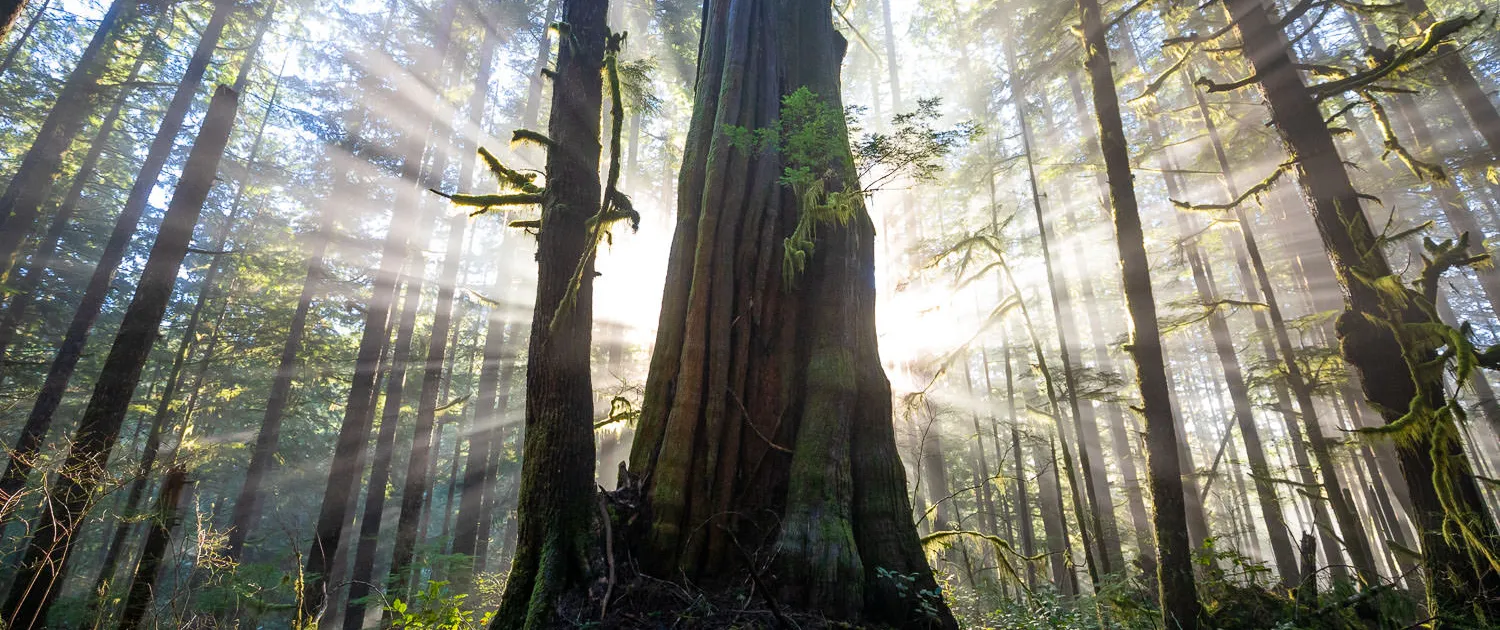 Nov 18 2012
Nov 18 2012A UBC student campaign wants to help you kick your paper-towel habit
Sam Dabrusin wants to save the environment — one hanky at a time.
He’s giving out free handkerchiefs at UBC, hoping that anyone who takes one will use the hanky, rather than a paper towel, to dry their hands after they use the washroom.
It all started when Dabrusin, now a third-year political science student at UBC, went on a high-school exchange to Japan. “For the first month or so, my hands were always wet; I was wiping them on my pants,” he said. “They don’t have paper towels or hand dryers in over 90 per cent of the bathrooms there.
“It’s the cultural norm to carry around a handkerchief…. Then when I got back to North America, I started using [handkerchiefs] again without thinking.”
While canvassing for Greenpeace after his first year of university, Dabrusin tried to think up a project he could start to help the environment, and his mind went to his hanky habit.
“I made the connection in my head that [paper towels] were dead trees that we just throw in the garbage…. I was just using less.”
Dabrusin approached the sustainability committee at the AMS student society, and he learned how much paper towel waste comes from just the Student Union Building. “I found out the SUB goes through about 40 bags of trash a day, just out of the bathrooms,” he said. “At least 90 per cent of that, or more, is going to be paper towels, right?”
He made a pitch to the AMS about a plan to offer free hankies outside bathrooms, but they weren’t able to offer him grant money for the project.
“We didn’t see the connection between buying a handkerchief and then getting people to consistently use a handkerchief instead of paper towel,” said Tristan Miller, AMS VP Finance.
Undeterred, Dabrusin wound up getting $1,100 for his project from another group, the Student Environment Centre. He used it to buy hundreds of handkerchiefs from Hankettes, a Vancouver Island company.
He’s been handing them out at a booth in the SUB since Tuesday, and suggesting that anybody who takes one also donate to the Ancient Forest Alliance. “The response has been pretty good,” he said. “It’s a behaviour change thing, so it’s a big project. We’re aiming to do this next semester as well.”
Dabrusin hopes that the project won’t just save trees, water and energy; he also wants it to get people thinking about how much they consume.
“This is a really good way to get into a discussion about the disposable culture that we have right now…. On campus, we’ll have a meal and we’ll throw out some plastic, we’ll throw out some styrofoam, all without thinking about it.
“We’ll do that on a daily basis, and that’s just for meals, you know? There’s so much other stuff, too, that’s very disposable. I think this would be a good way to start that conversation.”





